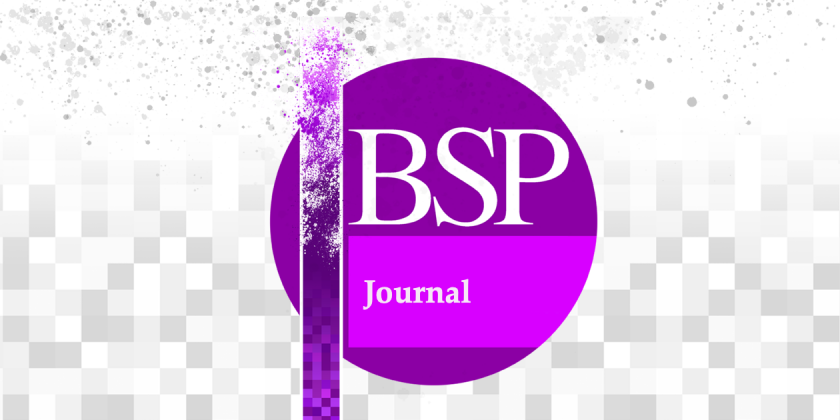Available now online, a new article for the Journal of the British Society for Phenomenology by Rasmus Dyring (Aarhus University).
Rasmus Dyring – “When Experience Turns Critical: the Anarcheological Reduction as Methodological Device in Critical Phenomenology”
JBSP (Received 28 Feb 2023, Accepted 19 Jun 2023, Published online: 04 Jul 2023).
Abstract: Building on a phenomenological analysis of the Tunisian Revolution, this article puts forward the concept of critical experience as a type of experience in which the very experiential structures prove subversive of otherwise established orders (e.g. political, ethical, technological, epistemological etc.). In order to trace the anarchic, but generative impulses of such critical experience, the article develops a variation of the phenomenological reduction called an anarcheological reduction. In the anarcheological reduction, registers of critical experience are accessed in which the aforementioned anarchic impulses elicit a constitutive quasi-transcendental structuring of fields of possible experience. In order to describe the always singular, contingent trajectories along which such quasi-transcendental structuring takes place, the term generative vector is introduced. The article concludes by specifying how the quasi-transcendental registers accessed in the anarcheological reduction are different from other quasi-transcendental registers and accordingly suggesting this type of reduction as a valuable methodological supplement in critical phenomenology.
Full article: https://doi.org/10.1080/00071773.2023.2228352
Rasmus Dyring, Department of Philosophy and History of Ideas, Aarhus University, Aarhus, Denmark
Accessing JBSP Online: The Journal of the British Society for Phenomenology is accessed via our publisher’s website: JBSP at Taylor & Francis Online. Access to the JBSP is free to all members of the society. You can find out more about becoming a member and supporting the BSP on the membership webpage. If you are not a member of the BSP, you can also log in using institutional access via Shibboleth and OpenAthens.

